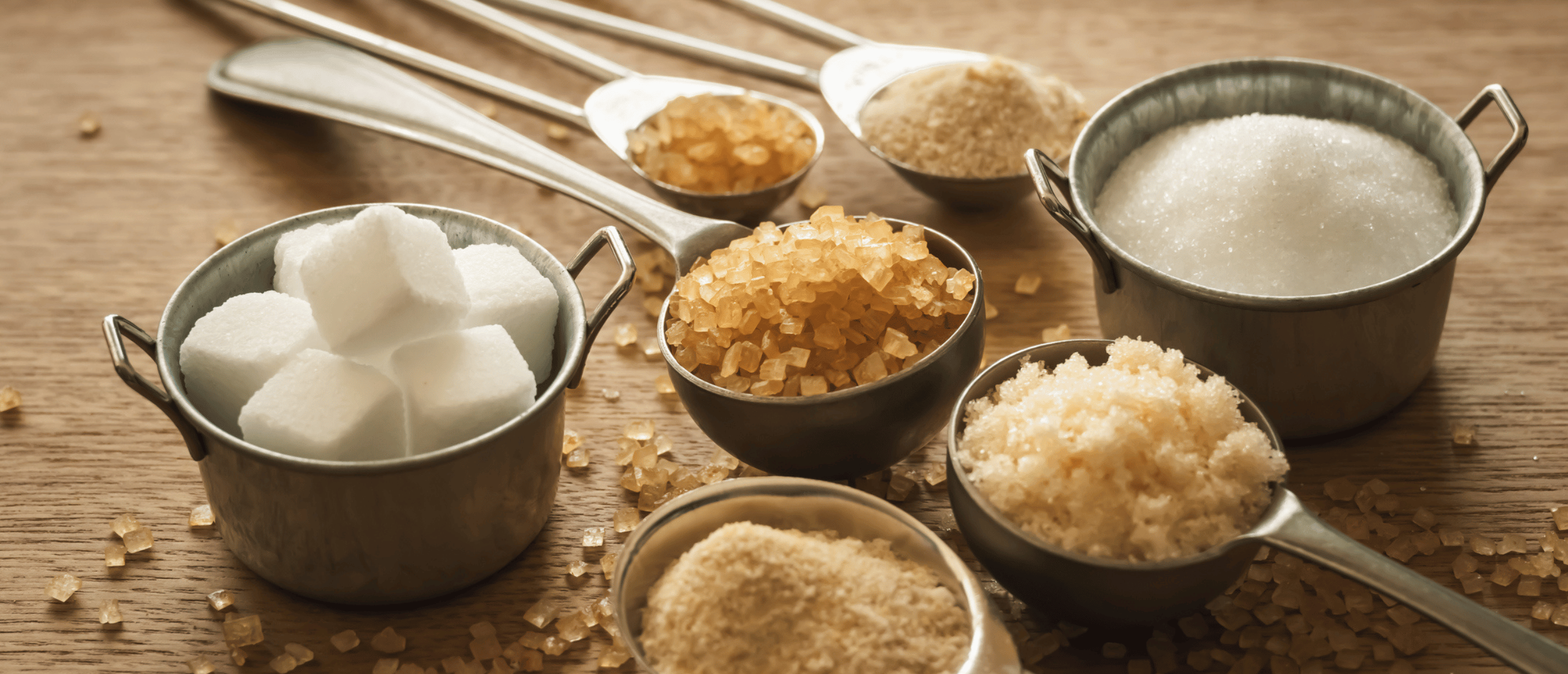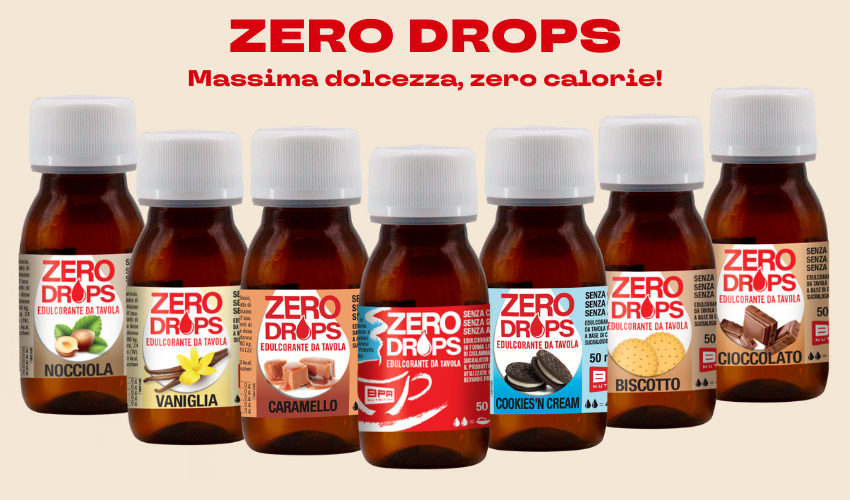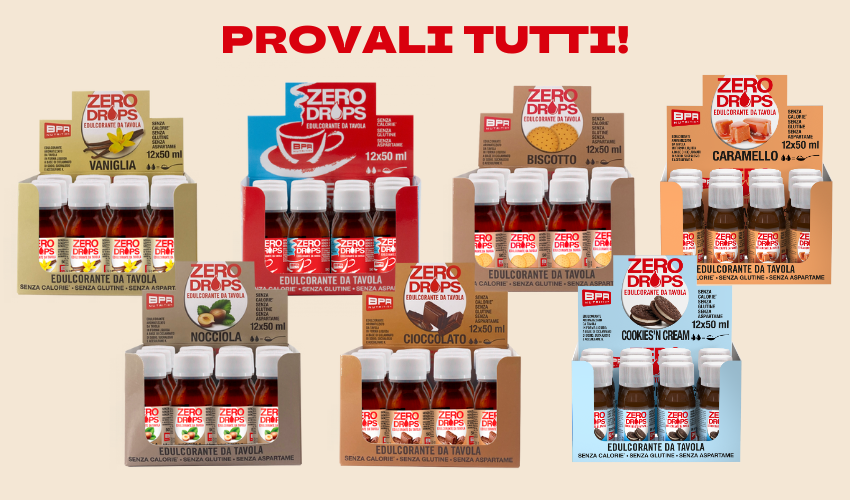
SWEETENERS

 18/10/23
18/10/23
sweeteners and sweeteners
Sweeteners are food additives used to impart a sweet taste to food products and as table-top sweeteners.
the sweeteners
Synthetic (artificial) sweeteners originated as sweeteners for diabetics and, due to their extremely low calorific value, soon became popular in many diet foods. In fact, these substances have such an extremely high sweetening power that very small quantities are sufficient to give a particularly sweet taste to food. By using them, a smaller quantity is sufficient for the same perception of sweet taste than sucrose. The result is a food that is sweet but has fewer calories and less sugar.
NATURAL SWEETENERS
Natural Sweeteners, the so-called polyhydric alcohols, such as sorbitol, xylitol and mannitol (found in fruit or other parts of plants) are lower in calories than normal cooking sugar (sucrose), providing 2.4 calories per gram compared to 4 for sucrose, and have a similar sweetening power. This is why they are used in an increasing number of low-calorie foods. They also do not promote the development of caries. Especially xylitol, which is precisely why we often find it in dental health products and chewing gum. Fructose deserves a separate mention. In fact, it has a higher sweetening power than sucrose, but provides exactly the same calories, so it is not very energy-saving. And it has cariogenic power. Although polyhydric alcohols are of natural origin and save calories, their excessive use has laxative effects. It is therefore advisable to use them in moderation and carefully read the directions on the label of foods containing them.
ARTIFICIAL SWEETENERS
Artificial Sweeteners: Synthetic sweeteners are not found in nature but are synthesised in laboratories. Aspartame in particular has a sweetening power 200 times greater than sugar, while saccharin's is even 450-600 times greater. Most artificial sweeteners are not metabolised by the body, which is why they are usually considered safe. The FDA (Food and Drug Administration) has approved five artificial sweeteners for human consumption: acesulfame K, aspartame, saccharin, neotame and sucralose. Sucralose is the world's most widely used sweetener, particularly used in foods, supplements and dietary products. It is produced by chlorinating sucrose but, unlike sucralose, it is not metabolised in the intestine so it is not used to produce energy, it has zero calorific value, it provides no calories and it does not affect blood glucose levels. It is therefore helpful in low-calorie diets aimed at weight reduction and in people with diabetes. It has very high sweetening power, about 600 times more than sucrose, and has the advantage of being stable at the high temperatures at which baked goods are usually prepared. Furthermore, the FDA has recognised stevia as a 'generally recognised as safe supplement' that can be used as a sugar substitute. Besides these, two other artificial sweeteners are also widely used: alitam (approved in South America, China and Australia), cyclamate (in more than 50 countries, excluding the US).
Regardless of their artificial or natural nature, when contained in foods their presence must always be indicated: you will find them in the list of ingredients on the nutrition label. All low-calorie sweeteners used in food production in Europe have undergone rigorous safety testing by the European Food Safety Authority (EFSA), which establishes an Acceptable Daily Intake (ADI), i.e. an amount that can be safely consumed on a daily basis by a person.
ADI: aspartame 0-40 mg/kg, cyclamate 0-11 mg/kg, saccharin 0-2.5 mg/kg, acesulfame 0-9 mg/kg, fructose 0-40 g/day, mannitol 0-2.5 mg/kg, sucralose 0-15 mg/kg. In conclusion, the use of sweeteners, approved for human consumption and considered safe when used within the ADI, can be beneficial to human health if they are part of a balanced diet aimed at controlling body weight or glycaemic levels after evaluation by a nutrition professional.






![[carrello]](/layout/img/ico-cart_white.png)









